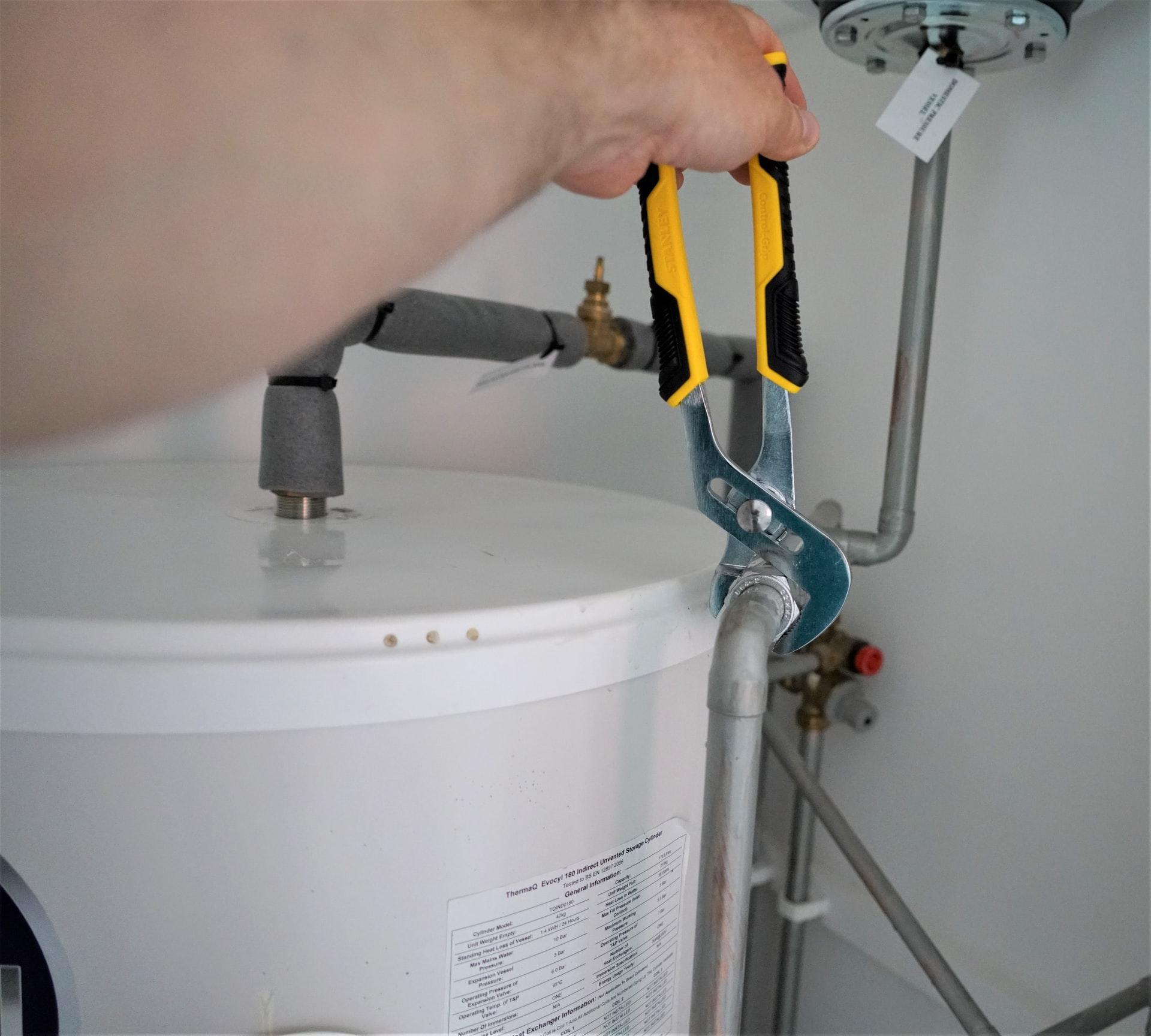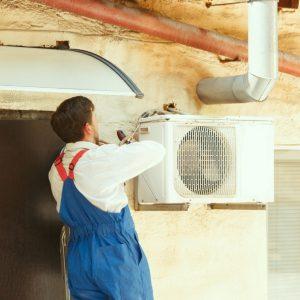Table of Contents
Did you know that heating water is the second heaviest use of energy in your home? It’s only second to heating the whole house! In a world where energy prices are spiking and inflation is getting out of control, we thought we should take a look at what the options are for a new hot water heater solution for your home. We have consulted with one of the best plumbing companies in Langley, BC – the Langley Plumbing Company, for the content contained here.
Types of water heaters
- Storage tank: Most people envision this when they hear the words hot water tank. They are the most common water heating solutions out there. Think of them like giant thermos, the water is heated by electricity, natural gas, propane, or in some areas heating oil. Hot water comes out the top and is replaced by cold water at the bottom when you turn the hot water tap.
- On-Demand: Also known as a tankless system, Water is rapidly heated “on-demand” by either gas or electricity when the water flows through the unit. Pros are no need for storage and an unlimited supply of hot water – we’ll get into this in more detail below.
- Solar: Water is heated by a solar collector that is heated by the sun. In times of darkness or low sunlight, the system is augmented by a conventional water heater.
- Heat Pumps: Heat pumps exchange hot for cold using electricity. Heat pumps are often used for both heating and cooling by tying them into your central air conditioning.
Things to consider when choosing a water heater
So at this point, you may be wondering which system is right for you. In most cases, it’s going to be a storage or on-demand system – but you can use our guidelines below regardless of what you choose. Regardless of the water heating system you go with there are going to be the same key metrics to consider:
A. Cost of system
B. Cost of fuel source (i.e. gas, electricity, etc)
C. Energy Star Rating (Canada) – or EF factor in the USA
A word on energy factor ratings as most people aren’t familiar with – governments establish EF ratings so consumers have a way of making sense of and understanding the efficiency of a given device. The higher the rating the more efficient the water heater (and thus the cheaper and more environmentally friendly it is to run). EF numbers take into account the following:
- Cycling loss: the loss of heat to the environment as the water circulates through the unit
- Standby loss: How much heat energy is lost per hour out of the stored water
- Recovery Efficiency: How efficiently the heat is applied to the water
Now that you understand the technical jargon used in water heater selection, let’s examine some pros and cons of the most common heaters out there:
Pros and cons of different classes of hot water heaters:
Hot water tanks (aka Storage Heaters):
- The cheapest option, and available everywhere in many different sizes and fuel options
- Life Expectancy of 10-15 years, however many insurance companies won’t insure if units are more than 10yrs
- Limited capacity, can run out of hot water with extended use
- Average Energy Star rating of .65
- Expected standby loss – 10-15%
- Easy to find plumbers qualified to install
Tankless water heaters:
- Take up much less space than a traditional water tank, and can be wall-mounted inside or outside
- Virtually no standby energy loss
- More energy efficient than hot water storage tanks, usually by 20 or 30%
- Hot water production and flow rate are determined by the size of the unit so sizing appropriately at purchase is critical as there is no way to increase hot water production
- More expensive (often 2X) than hot water tanks
- The life expectancy of 20+ years
- Installation can be costly




